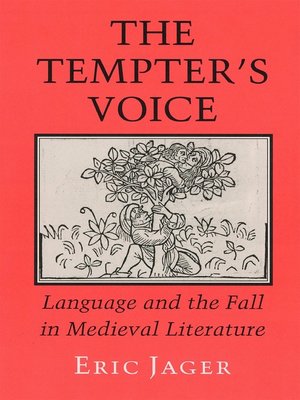
Sign up to save your library
With an OverDrive account, you can save your favorite libraries for at-a-glance information about availability. Find out more about OverDrive accounts.
Find this title in Libby, the library reading app by OverDrive.



Search for a digital library with this title
Title found at these libraries:
| Library Name | Distance |
|---|---|
| Loading... |
Why was the story of Adam, Eve, and the Serpent so important to medieval literary culture? Eric Jager argues that during the Middle Ages the story of the Fall was incorporated into a comprehensive myth about language. Drawing on a wide range of texts, Jager shows how patristic and medieval authors used the Fall to confront practical and theoretical problems in many areas of life and thought—including education, hermeneutics, rhetoric, feudal politics, and gender relations. Jager explores the Fall's meaning for clergy and laity, nobles and commoners, men and women.
Among the works Jager discusses are texts by Ambrose, Augustine, the early Christian poet Avitus, and scholastic authors; Old English biblical epics; Middle English spiritual writings; French courtesy books; and the poetry of Dante and Chaucer. Examples from the visual arts are included as well. Jager links medieval interpretations of the Fall to underlying cultural anxieties about the ambiguity of the sign, the instability of oral tradition, the pleasure of the text, and the many rhetorical guises of the tempter's voice. He also assesses the modern and postmodern legacy of the Fall, showing how this myth continues to embody central ideas concerning language.
The Tempter's Voice will be essential reading for scholars and students in such fields as medieval studies, literary theory, gender theory, comparative literature, cultural history, and the history of religion.







